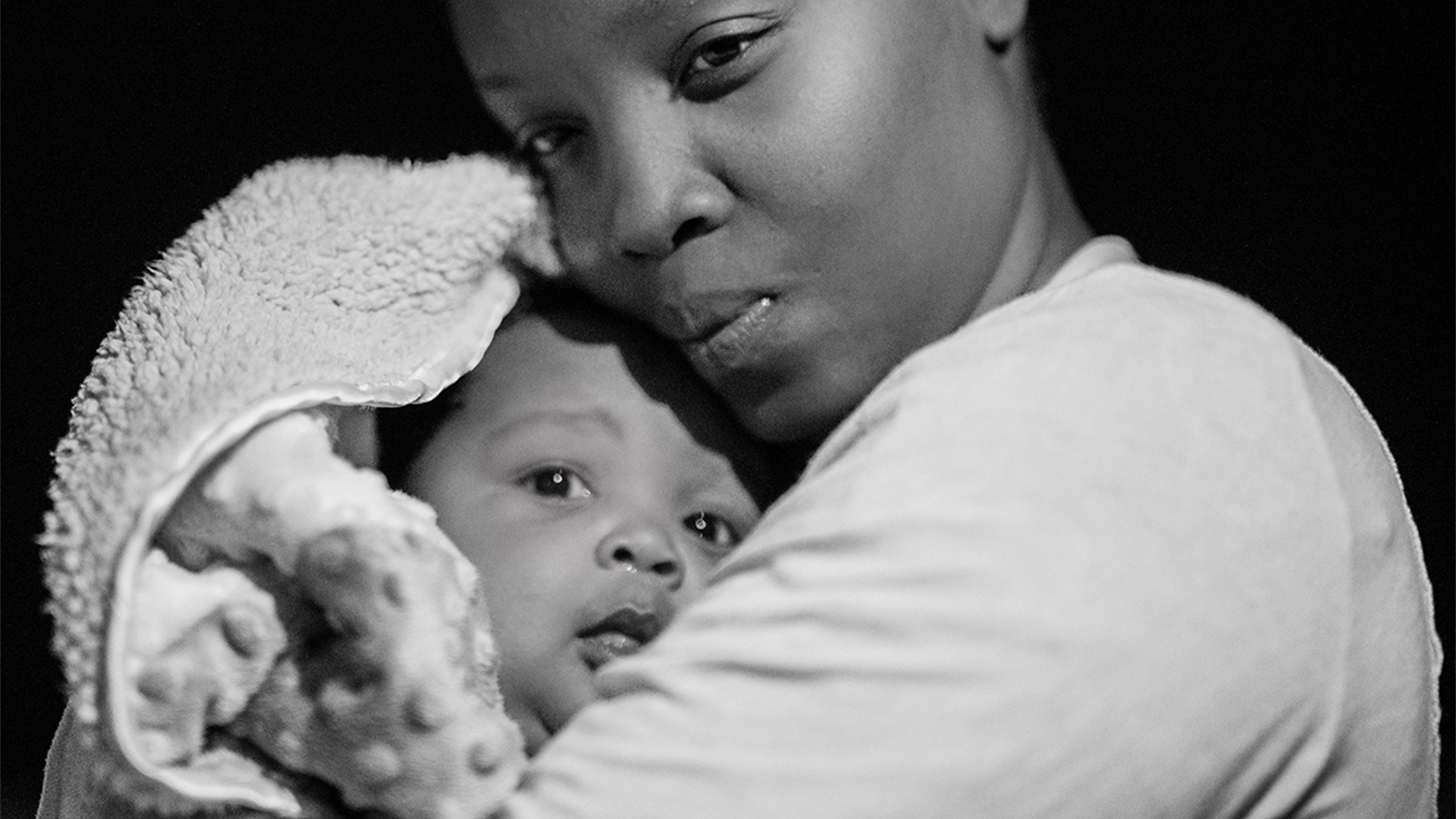This article originally appeared in our monthly email issue. Subscribe for full access to Common Good print and digital reads now for just $25 per year.
About a year ago, we bought a home. It has a long driveway, stretching from the road to a garage on the back of the property. That’s a lot of concrete to clear when it snows here in Iowa. I had not prepared for the first snowfall, which brought several inches of thick, heavy snow. It took our family of seven several hours (and shovels) to clear the snow. But this morning, when we woke up to five inches of snow, I did not fear (throwing out my back again). I could laugh at the snowfall. Because I had purchased a snowblower fit for our drive.
These blankets of snow remind me of the wisdom in Proverbs 31:21: “She is not afraid for her household when it snows, for all in her household are doubly clothed.” She is the “wife of noble character” — and she has something to say to all of us.
In a sad and ironic twist, this wife of noble character, who is “far more precious than jewels,” is too often undervalued in Christian circles. Commonly referred to as “the Proverbs 31 woman,” her value is often restricted to merely an example of the “ideal woman,” an image trotted out at women’s ministry events and on Mother’s Day. But she is not given to us as the ideal woman. She is a wife fit for a king.
Have you noticed that the book of Proverbs opens and closes on the same note? It is a book of instructions for a future king. The book begins with Solomon, the king of Israel, advising his son, who would follow him on the throne (1:1–6, 8). Proverbs closes with the queen mother advising her son, Lemuel, whom she had vowed to God, who would one day ascend the throne (31:1–2). She loathed the thought of him following the path that too many leaders take to destruction — using power to serve themselves with the pleasures of drunkenness, forbidden women, and injustice (31:3–7). She desired her son to be a king that, rather than exploiting his status, humbled himself by using his authority to serve the least of his citizens (31:8–9). It’s a picture of the ideal king — the one we’ve been waiting for since God promised a son that would crush the serpent’s head (Gen 3:15). And the perfect king must have the ideal wife for, as we know, “it is not good for the man to be alone” (Gen 2:18).
The story of the Old Testament as a whole is one of waiting for this perfect king — a champion and a redeemer. But that king would not be David or Solomon, nor any of Solomon’s sons. That king is Jesus, the embodiment of everything the Proverbs say a king should be — a son entirely pleasing to the Father. Who, then, is Christ’s invaluable bride of noble character? She is the church — the collective body of sinners, redeemed by his blood and clothed in his righteousness (Rev 19:7; 21:2). Proverbs 31 describes what the church should be as she is conformed to the image of Christ by grace through faith.
So what, then, does she — this woman who “is not afraid for her household when it snows, for all in her household are doubly clothed” — say to us? She teaches us the value of foresight and preparation (something I lacked last winter). She’s been through winter before — she knows about the cold, the snow, and the extra-thick garments required to keep her household warm. She knows better than to procrastinate. She is also a shrewd investor (Prov 31:16), astute businesswoman (31:18, 24), and tireless worker (31:19, 27). She uses her strength, character (31:17, 25), and wisdom (31:26) to provide her household with what they need. But her provision is not limited to her own family. She hears the cry of the poor, sees the needy, and acts to meet their needs (31:20).
This woman is wisdom incarnate — a bride competent to reign with the perfect man over the kingdom. She is Ruth — a picture of covenant faithfulness — who, knowing about famine, proactively risked her life to provide for her household. She is Esther, the queen who did not abuse her status for self-protection but was willing to die to save her people. Like these women, she points to Christ. Jesus, “existing in the form of God, did not consider equality with God as something to be exploited. Instead, he emptied himself by assuming the form of a servant” (Phil 2:6–7). In a life of voluntary humiliation, he laid down his life for the glory of God and the flourishing of his people.
Lemuel’s mother asked, “Who can find a wife of noble character?” We might ask, Who can find an owner, manager, employee, worker of gospel character? The only answer is Jesus; he can find such a person. For outside Christ, “there is no one righteous, not even one” (Rom 3:10–12). We’re all worthless. But there is good news: “Christ loved the church and gave himself for her to make her holy, cleansing her with the washing of water by the word. He did this to present the church to himself in splendor, without spot or wrinkle or anything like that, but holy and blameless” (Eph 5:25–27).
The noble wife of Proverbs 31 instructs the church and her members how to think about vocation. God gives our callings as gifts, which we steward to reflect and display the character of Christ to all the earth. We are not content with average, but strive to develop and maintain competency in our work (Prov 3:21). We eschew idleness, doing honest labor to provide for our own needs (2 Thess 3:6–15). We know that a refusal to provide for our family — immediate or extended — constitutes a denial of the gospel (1 Tim 5:8). We understand that God did not give us our vocations to serve ourselves, but to be generous and ready to share (1 Tim 6:17–19; Rom 12:13). So, we devote ourselves to hard work so that we will be able to share with anyone in need (Eph 4:28). We do this with joy and not bitterness, knowing that we are serving Jesus (Eph 6:6–9; Col 3:22–25). That is what it means to approach our respective vocations in a manner worthy of the gospel.
By looking at the glory of God in the face of Jesus, the Holy Spirit transforms us into his image, into the church of noble character (2 Cor 3:17–4:6). We seek wisdom, we live in faithfulness, and we do not fear. We fix our gaze on Jesus and get to work before the snow flies.





